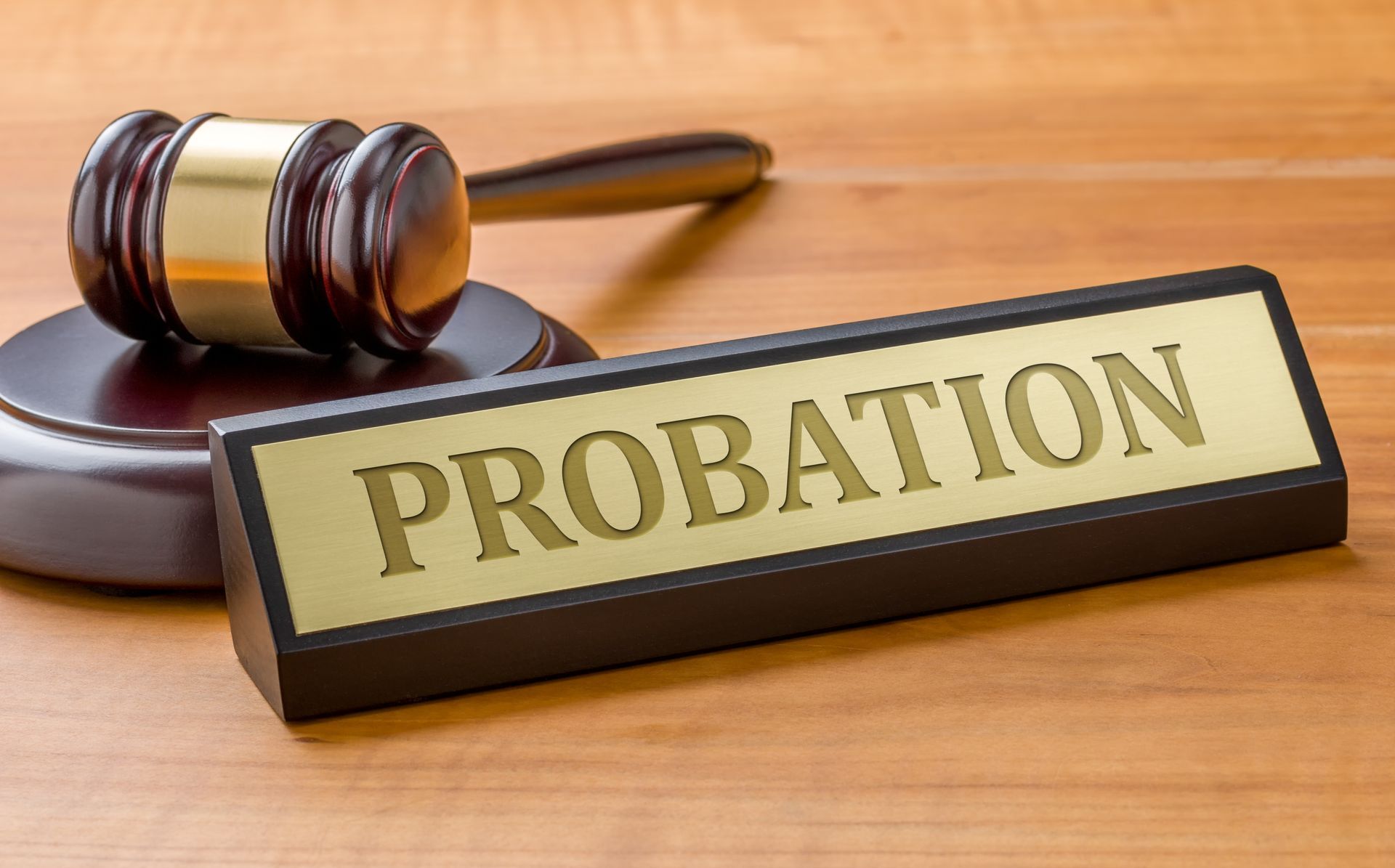What to Expect at a Probation Violation Hearing in Idaho
What to Expect at a Probation Violation Hearing in Idaho
Probation offers an opportunity to serve your sentence outside of jail, but it comes with conditions set by the court. When those conditions are violated, the court may take action that threatens your freedom and future. In Idaho, even a minor misstep — such as missing a meeting with your probation officer or failing a drug test — can trigger a formal violation hearing.
At Wollen Law, PLLC, we know how stressful it is to face these allegations. Our defense team helps clients navigate the complex probation system, protect their rights, and work toward the best possible outcome.
The Purpose of a Probation Violation Hearing
A probation violation hearing determines whether you violated the conditions of your probation and, if so, what consequences you should face. These hearings are not the same as criminal trials; they are less formal, and the standard of proof is lower. The judge will decide whether there is enough evidence to believe that a violation occurred.
If the court finds you guilty of a violation, it may:
- Revoke your probation and impose the original jail or prison sentence
- Extend the length of your probation
- Add new conditions such as counseling or community service
- Reinstate probation with a warning or modification
Having a skilled defense attorney present is crucial to ensuring your side of the story is heard and supported by evidence.
How a Probation Violation Hearing Works
While every case is unique, most probation violation hearings in Idaho follow a similar process:
1. The Violation Report
When a probation officer believes you violated the terms of your probation, they file a report with the court outlining the alleged violations. You will then receive notice of a hearing.
2. The Initial Appearance
At the first hearing, the judge explains the allegations and advises you of your rights. You can either admit or deny the violation. If you deny it, a contested hearing will be scheduled.
3. The Contested Hearing
At this stage, both sides present evidence. The prosecution may call your probation officer or other witnesses, while your defense attorney can present documents, testimony, or mitigating evidence to challenge the claims. The standard of proof is “preponderance of the evidence,” meaning the judge only needs to believe it is more likely than not that a violation occurred.
4. The Judge’s Decision
After hearing both sides, the judge will decide whether you violated probation and determine an appropriate penalty. Depending on your record, compliance history, and the nature of the violation, the court has significant discretion in deciding your fate.
Common Defenses to Probation Violation Allegations
Even if you are accused of a violation, that doesn’t mean you are automatically guilty. Common defenses include:
- Lack of intent or misunderstanding of terms
- False or exaggerated allegations by a probation officer
- Administrative or testing errors
- Proof of compliance or partial completion of requirements
- Evidence showing good faith efforts to meet probation conditions
At Wollen Law, we carefully review the circumstances of your case, obtain necessary records, and advocate for leniency or reinstatement when possible.
Why You Need an Experienced Attorney
Probation violation hearings can be intimidating, especially when your freedom is on the line. A skilled defense attorney can help you:
- Review and challenge the probation officer’s report
- Gather and present evidence on your behalf
- Negotiate with prosecutors for reduced penalties or reinstatement
- Advocate for alternative sentencing such as treatment or community programs
Our firm’s experience in Idaho’s criminal courts allows us to identify weaknesses in the prosecution’s case and protect your rights throughout the process.
Protecting Your Freedom Starts Now
If you’ve been accused of violating probation in Boise or anywhere in Idaho, you still have options. The right legal representation can make all the difference between returning to jail and continuing your life under modified terms.
At Wollen Law, PLLC, we take a proactive, compassionate approach to every probation violation case we handle. We will stand by you, explain each step clearly, and fight for a fair resolution that protects your future.











